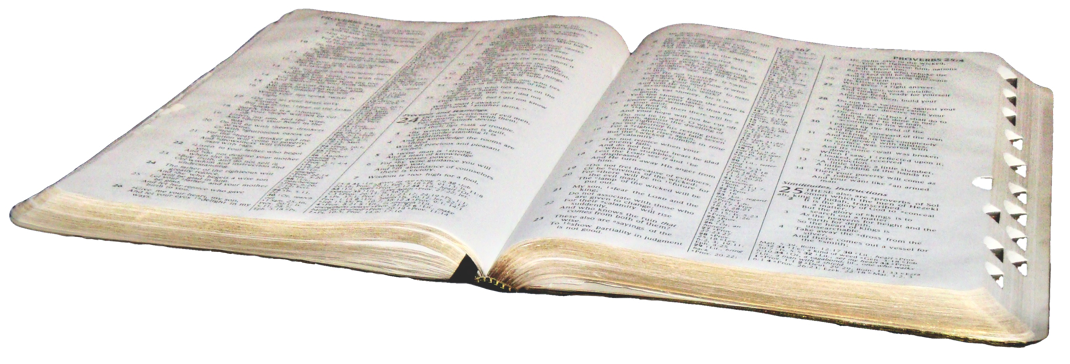
Bein' a Berean
…outside the box but inside God's Word...



Isaiah tells us that the task of governing will fall upon the shoulders of the Messiah:
“And the government will rest on His shoulders” Isaiah 9:6
Speaking to His disciple Jesus confirmed this by saying, “All authority has been given to Me in heaven and on earth. Go therefore…” Matthew 28:18
Except for the giver, no one has higher authority in heaven or on earth than that given to Jesus.
With these thoughts in mind, we do well to re-examine the place of the Ekklesia in those same realms, i.e. heaven and earth.
I prefer to use ‘Ekklesia,’ the transliteration of the New Testament Greek word, since the term ‘church’ has occult roots (read ‘The Mysterious Word Church’).
The Ekklesia is an assembly of believers gathered to govern. We are given clarity on this meaning from the account in Act 19, where the citizens of Ephesus gathered to address and come to an agreed action against those who were defaming their god Artemis.
The town clerk, speaking to the Ephesians gathering in the theatre, quieted the crowd and said, “But if you want anything beyond this, it shall be settled in the lawful assembly [ekklēsia].” The people had initially gathered as a “lynch mob” looking to retaliate. The clerk wanted a “lawful assembly” to resolve the issue. The people so gathered could govern the affairs in their community.
Jesus, speaking of the ekklesia which he is building, said, “I will build My [ekklēsia]; and the gates of Hades will not overpower it.” Matthew 16:18. A better translation would be that ‘the gates of Hades would not be a barrier to them.’ This just makes sense. The only time I know where someone was attacked by a “gate” was when the wind caught the door, slamming it against his backside on the way in. Gates try to keep the unwanted out—if it's strong enough to do so.
His reference to Hades falls in line with Paul’s words:
For our struggle is not against flesh and blood, but against the rulers, against the powers, against the world forces of this darkness, against the spiritual forces of wickedness in the heavenly places. Ephesians 6:12
Those in lawful authority do not issue ‘requests,’ they issue orders and commands, directing their intentions. Subsequently, those under that authority act to fulfil those orders.
When Jesus taught His disciples to 'pray this way,' the language He used has not been accurately translated into English. His prayer model is a series of imperatives and commands, not mere requests or pleadings. We need to read, “Give us this day our daily bread.” as a command. So too should we read and pray, “Deliver us from Evil” and so on.
Commands are issued by those in authority, and those who are the body of Christ have been given that authority.
What would this world look like if or when the Ekklesia began to act the part rather than that salt which has become tasteless or lukewarm?
This website makes use of cookies. Please see our privacy policy for details.